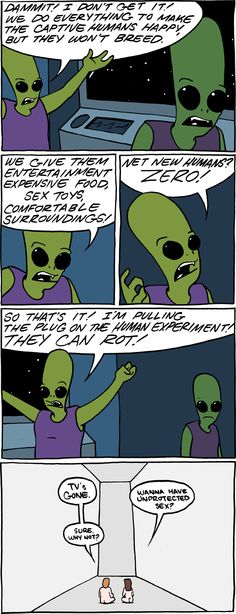There are a few aspects to consider, the short version being: the purely utilitarian "more babies mean more survive", the moral aspect of "who appointed you to decide how many babies I can make", and the simple fact you need a roughly equal amount of men and women to make the equation $man+woman=baby$ work.
Would you like to know more?
One child policies have problems, and the most obvious one is demography in the form of sex ratio imbalance.
Historically, working the farm is a boy thing. The generally patriarchal society might also make it more desirable to have a son, who will lead the next generation of the family, rather than a daughter whose role is to make babies and little else. While a more modern society might not have these considerations immediately in mind, traditions and prejudices die hard.
China, which recently abandoned its one-child policy, had a ratio of up to 117 males for 100 females (thanks Wikipedia). The consequences down the line are potentially dozens of millions of males unable to find a mate, unless they go find one abroad (which means living the country which isn't necessarily good for the economy, or importing one with all the human traficking problems it might imply), or unless the family changes towards a more polyandric model which then brings us back to traditions and prejudices that could make such a society unthinkable.
This might be workable for large population like China's, or Earth's. For small populations however, if everybody makes two sons that'll work the space mines to bring in all the bucks, you'll soon run out of babies to sustain the population, and that is a real problem.
Another problem is ethics, namely what gives you the right. The one-child policy infringes on one's freedom to have a family of the shape and size they want. More than that, with the considerations of the previous point, it poses the question of the value of the life of a baby boy vs that of a baby girl.
Any advanced society should be wary of that problem, not to mention that one of the main point of settling the frontier might be the freedom it procures, away from the all-powerful government. What gives you the right indeed, cue dumping spacetea into spaceharbours.
Finally, the frontier is a harsh mistress. Space hates your gut, every new planet is just a collection of unknown dangers ready to kill you. Having spare babies just in case might be useful. That one really doesn't warrant much explaining.

